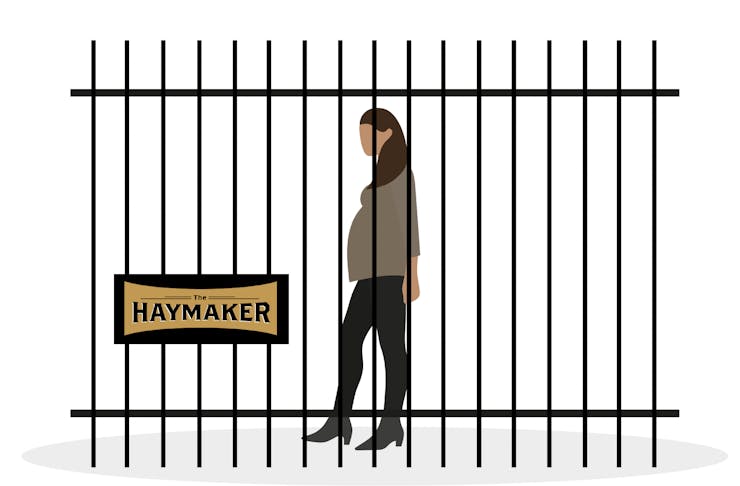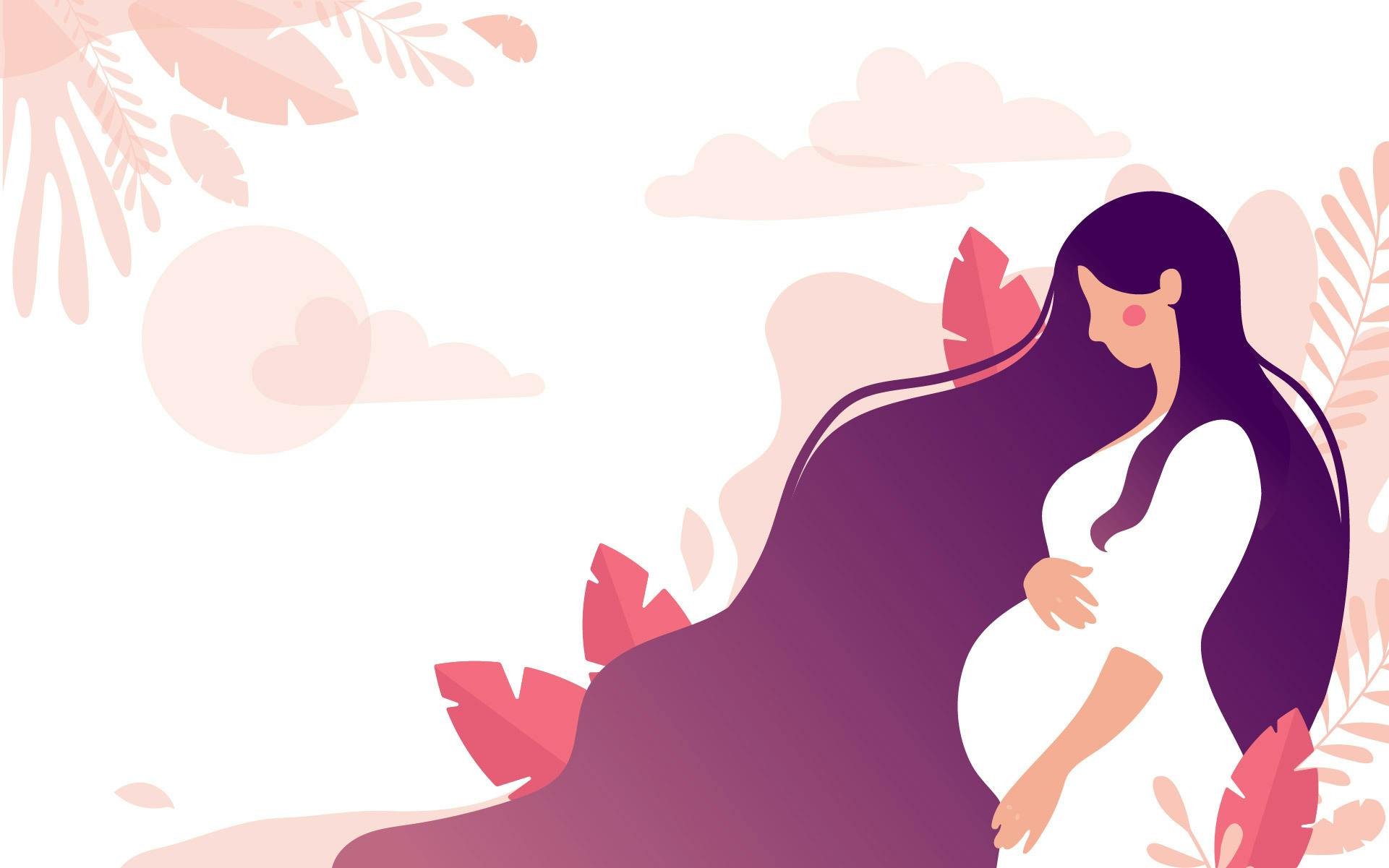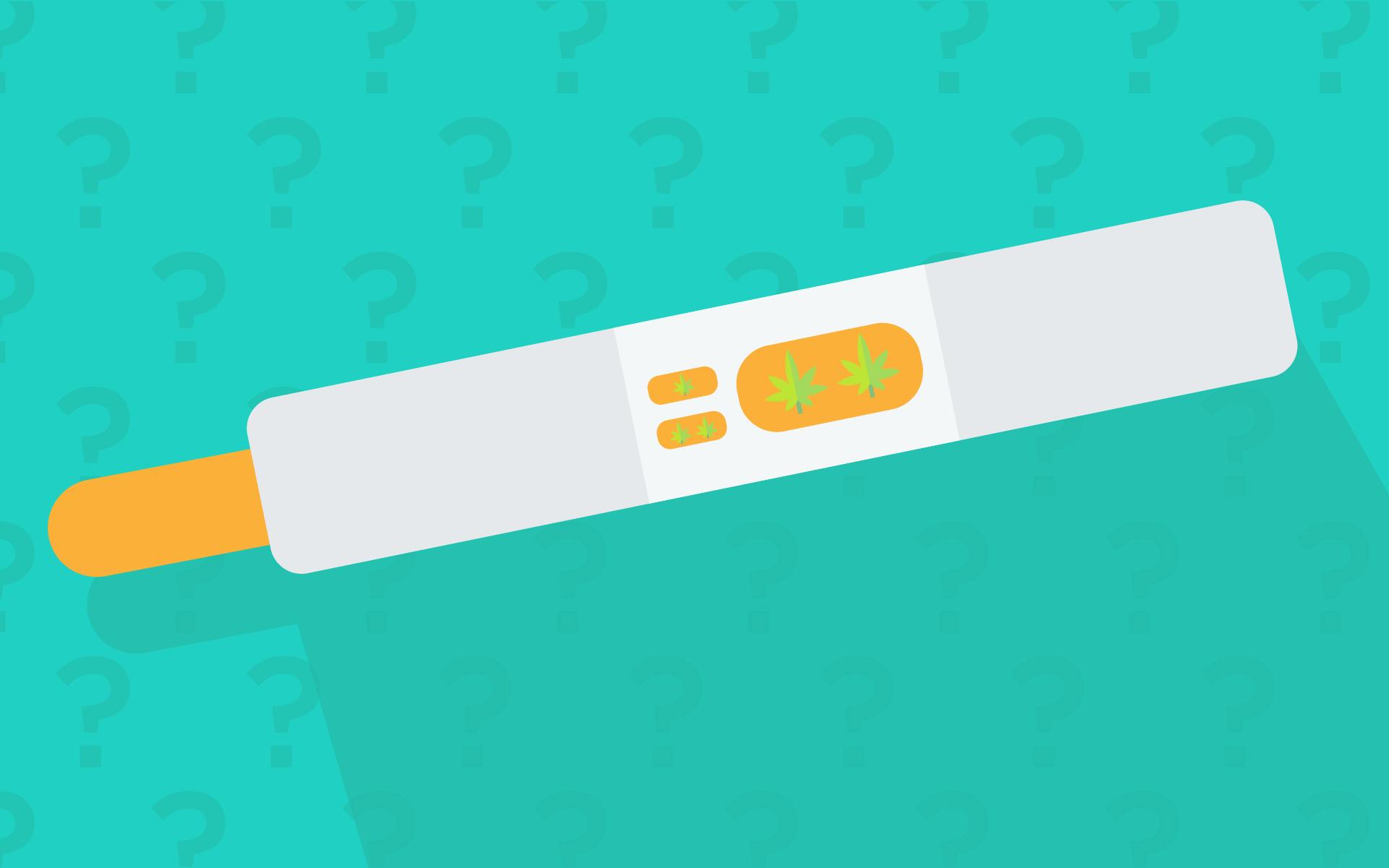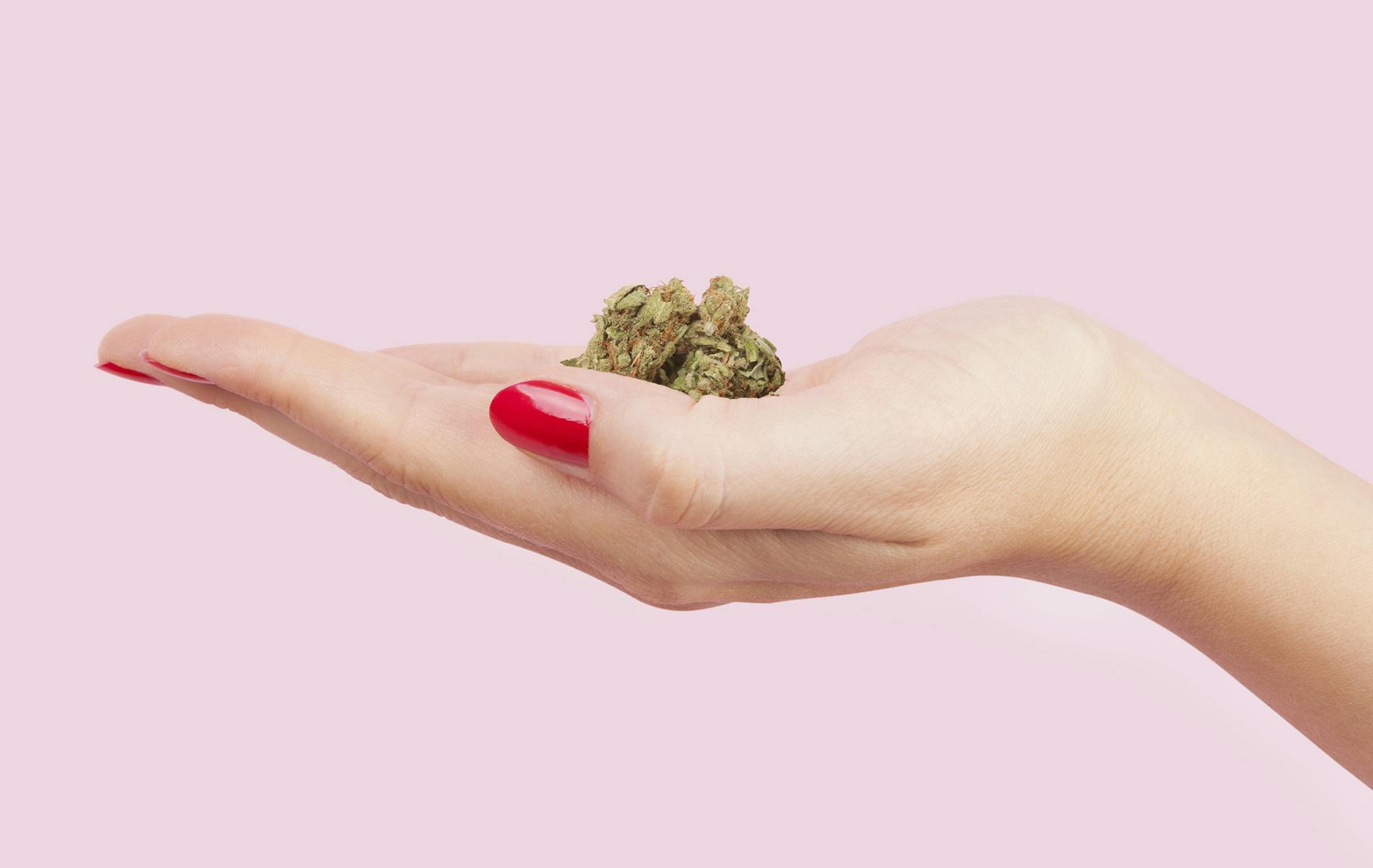The Haymaker is Leafly Senior Editor Bruce Barcott’s opinion column about cannabis politics and culture.
I get asked a lot about Congress and cannabis legalization. “When’s it going to happen?” people want to know. They treat it like a switch waiting to be flipped. Pass the bill, end prohibition, problem solved — great success!
It’s not going to be that easy. The more I write about cannabis laws, the more I see how deeply the roots of power, discrimination, and cruelty are sunk into American soil.
If you’re holding a joint while pregnant, this county will jail you indefinitely—to protect the fetus.
This past week one of those roots was exposed. And damn, was it ugly.
Late last week Amy Yurkanin, a reporter for AL.com, published a story exposing the practices of police, prosecutors, and judges in Etowah County, Alabama. You may have also seen the reporting on the story by Moira Donegan in The Guardian. In that small rural district about an hour’s drive from Birmingham, the local powers-that-be have been arresting pregnant women for marijuana and other drugs—and then keeping them jailed indefinitely.
The policy, they say, is intended to protect the fetus from harm.
“Several pregnant women and new moms accused of exposing their fetuses to drugs have been held for weeks or months inside the Etowah County Detention Center,” Yurkanin wrote, “under special bond conditions that require rehab and $10,000 cash.”
To bail out: $10k and inpatient rehab
Etowah County isn’t the kind of place where most people have $10k in cash just lying around. And in many cases local rehab centers can’t or won’t accept the jailed women.
Some women are trapped in a Catch-22: Prosecutors and judges assume those arrested for low-level offenses like marijuana possession are drug addicts, so they order them into rehab. But rehab facilities will only take patients with actual substance abuse disorders—not adults who happened to get caught with a little weed on them. Chris Retan, executive director of Aletheia House, a treatment facility, told Yurkanin: “Residential treatment is for people with a serious disorder,” not for healthy adults who got popped for holding a joint.
And so these women they suffer, day after day, in jail for using or possessing a substance that nearly half the American population can purchase and enjoy legally.
With these laws, the cruelty is the point
Apparently, this has been going on for years. Officials at National Advocates for Pregnant Women told Yurkanin that they have records of more than 150 “chemical endangerment” cases in Etowah County since 2010.
Good god. It makes my hair stand on end. And yet, I’m not surprised. When it comes to the criminalization of cannabis, the cruelty is the point.
Prohibition is a hammer meant to be swung by the powerful against the powerless. When friends express shock at the ten-year sentence leveled against WNBA star Brittney Griner for holding two vape pens, I tell them: This is why draconian cannabis laws are established. Griner is a Black woman, married to another woman, outspoken on LGBTQ+ rights. She’s exactly who these laws are meant to trap.
It’s happening in legal states, too
Pregnant women and parents of young children are especially vulnerable to these abhorrent laws. Even in states where cannabis has been declared legal for all adults, archaic policies continue to punish law-abiding adults for exercising their right to relax and enjoy a little cannabis. Or even worse—they’re punished for using cannabis as medicine, just to survive and get through their day. Earlier this week The Marshall Project published a feature on district attorneys in Oklahoma bringing felony child neglect charges against women for using medical marijuana while pregnant.
Alexa Peters, a longtime Leafly contributor, exposed the continuing harm done by these laws in an extraordinary feature we ran four months ago. Her investigation, “The parent trap: How old drug laws punish families in legal cannabis states,” illustrated how state and county child welfare agencies are punishing pregnant women and mothers of young children for fully legal and responsible cannabis use.
Peters wrote: “23 states and the District of Columbia specifically classify exposure to controlled substances as child abuse or neglect. All but seven of those states also have medical or recreational cannabis programs that say it’s legal for adults 21 or older to buy and use cannabis with proper identification, regardless of pregnancy or parenthood.”
In her work, Peters noted that an Alabama state legislator had recently proposed a law requiring all female medical marijuana patients under age 50 to show a negative pregnancy test from a doctor in order to purchase medical cannabis. His bill would also prohibit breastfeeding women from accessing medical marijuana.
Beyond the programmatic horrors of such a law—How current would the pregnancy test need to be? Who’s testing for breastfeeding, and how?—lurks a clear message: We the powerful will control what you the powerless may do with your own bodies. The cannabis laws of Alabama, as everywhere, are a convenient means to exercise that control.
Read the research on cannabis and pregnancy
Lest you think we’re whistling past the question of pregnancy and cannabis use, let me add this. Here at Leafly we’ve been covering the emerging research on that subject for years. Alexa Peters, in fact, wrote one of our foundational reviews back in 2018.
We will continue to cover the research on cannabis and pregnancy. It’s one of the most challenging and compelling questions around cannabis use that still remains unresolved. Just last month a study in BMJ found no connection between in-utero cannabis exposure and ADHD diagnoses in children. Earlier this week JAMA Pediatrics published a research letter that found a correlation between in-utero cannabis exposure and mental health outcomes lasting through adolescence. Other studies have found mixed results. The science is far from settled.
This is why patients aren’t honest with doctors
We’ve also written about the ways in which criminalizing cannabis use works its way into our medical system, harming patients—especially women of color—in ways both subtle and profound. An innocent question about cannabis use during pregnancy can result in a doctor treating a patient as a suspected addict and child abuser.
Alexa Peters wrote about the case of Lindsay Ridgell, an Arizona social worker whose child was taken away by the state because she used medical cannabis to treat a condition that threatened the life of her fetus. Yes. You read that correctly. The treatment that allowed Ridgell to carry and give birth, led to the removal of the child whose life was saved.
Cases like Ridgell’s have, rightly, made some women think twice before opening up to medical professionals. They may skip appointments or refuse blood tests. A pregnant woman in America risks incarceration or the loss of her children if she says the wrong thing during a routine medical exam. A pregnant woman of color, doubly so. Leafly Culture Editor Janessa Bailey has written about the challenge of discussing cannabis openly, as a person of color, with a medical provider. “Many women experience dismissal by their doctors when they’ve turned to them for help,” Bailey wrote. “People of color, specifically Black people, often harbor a deep distrust for doctors due to a legacy of mistreatment.”
Make your state legislator work for you
When you feel your blood boil over injustice in Alabama or Arizona, don’t pound the table. Sit down and write to your local state legislator. They have the power to change these things.
Congress moves slowly, but dozens of state laws get changed during every local legislative session. Demand that your state representative introduce a bill to rip these cruel archaic policies out of the soil. Start the process of change at home—your home.








